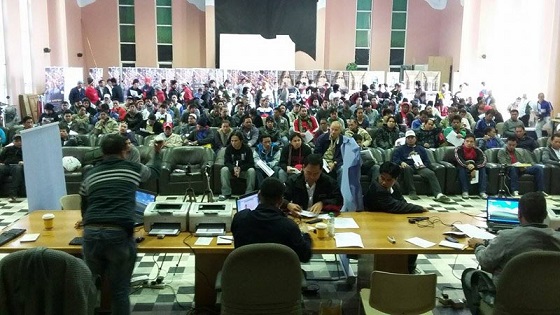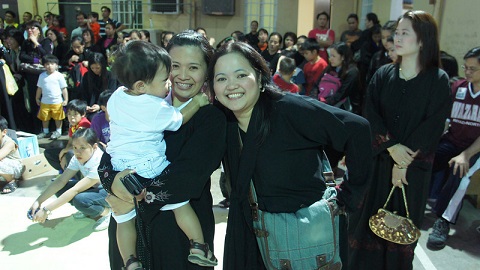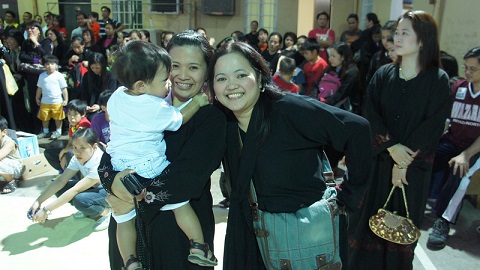
By ELLEN T. TORDESILLAS
DESPITE decline in global oil prices, the Saudi labor market remains stable for Filipino workers. The reported retrenchments are not due to the oil price slump in recent months, according to assessment of Saudi-based labor attaches and diplomats of the situation in the Middle East kingdom that hosts some 800,000 OFWS.
The positive assessment should calm the fears of massive retrenchment in Saudi due to the plunge of oil prices. In fact, last week Labor Secretary Rosalinda Baldoz expressed concerns of a possible displacement some 1.5 million Filipinos classified as temporary workers in the Middle East as the global oil glut is expected to continue in the coming months with the recent lifting of the sanctions on oil-producer Iran.
A report on the OFW situation in Saudi said, the retrenchments, particularly to the employees of the Middle East construction giant Saudi Binladen Group (SBG), “are hardly traceable to declining oil prices.”
The suspension of SBG projects was due to the sanction imposed by the King on the construction company after a giant crane crashed at the Grand Mosque in Makkah September last year killing more than a 100 people and injuring more than 400.
The 200,000 strong SBG was forced to lay off 15,000 of their employees, many of them Filipinos.
Analysts said there’s also the Saudization, a policy of the Kingdom which started in 2011 of pushing for more Saudi nationals in private jobs, making it more difficult and expensive for companies to hire foreign workers.
Media reports said due to reduced oil income caused by the global oil glut, the Saudi government has scrapped some of its non-essential infrastructure projects like soccer stadiums. However, plans for construction of housing, hospitals and schools are not affected, reports said.

Aside from retrenchment, there are reports of delayed payments to employees. A report by Al Hayat newspaper said finance ministry has cut payments to firms doing state construction work to five percent of contract from 20 percent.
Despite these developments, labor attaches said there is no drop in job offers for Filipinos. For January alone the Philippine Overseas Labor Office in Saudi received 6,527 offers, a three-year record high. In January 2015, the POLO office got 4,309 offers and in 2014, only 3,922.
Quoting Saudi businessmen, the attaches said the retrenchments are “moderate” and “mere temporary employment slowdown in the construction sector.”
Other industries, the report said are expected to remain stable.
The attaches said the Kingdom’s economists are “confident in effectively managing the effects of the ‘oil price crash’ which other analysts simply regard as the ‘oil cycle.’ Saudi economic experts continue to express optimism on sound fundamentals of Saudi economy – foreign asset reserves estimated at no less than USD650 billion as of October 2015; investor confidence, available credit facilities and growing non-oil industries.”
The Kingdom has announced that it will increase production following the decision of the Organization of Petroleum Exporting Countries not to reduce oil supply in the world market to preserve their share.
With this strategy, Saudi will continue needing highly skilled and trained manpower in the oil and gas sector. “The displacement of Filipinos from the oil and gas sector is not expected, at the very least in the near future,” the Philippine government’s labor attaches said.
They concluded: “Development planning in the Kingdom has observedly matured to unprecedented levels. The wisdom of the now- highly educated Saudi economic planners, aided by the best consultants, could be expected to tap the country’s enormous assets to pump-prime Saudi’s non-oil private sector industries. And while the recognized ‘disconnect between the private sector needs and the education/training outcomes’ prevails, the Saudi labor market for Filipinos and other migrant workforce is expected to remain bullish.”
The still-positive current situation in Saudi should give the government time to implement programs that would provide Filipinos jobs in their own country so they can work without being separated from their families. That’s what it should be.
